
Report says Pennsylvanians face highest costs for colleges
Pennsylvania residents face the nation’s steepest college affordability crisis, according to a WalletHub report that looked at states that spend the most and least on education.
The WalletHub report analyzed the cost of attendance for full-time, in-state undergraduate students living on campus across 49 states. Alaska was removed from the sample due to data limitations.
The report reveals the No. 1 state that spends the most on education as a share of residents’ median household income is Pennsylvania at 72.48%.
The state’s residents spend an average of $55,144 per year on education. This includes in-state tuition and fees for a full-time undergraduate degree, on-campus room and board, books, supplies and other campus expenses.
At the opposite end of the spectrum, ranked at 49 is Utah. WalletHub says that’s the most affordable state, where the same college expenses represent just 27.69% of median household income.
“College education is getting more and more difficult to afford, with cost increases well outpacing inflation,” said WalletHub analyst Chip Lupo. “As a result, people have been forced to take out more and more loans, with the average student loan debt now standing at nearly $42,000.”
Lupo warned that many graduates are entering a job market where their degrees do not generate enough income to service that debt.
“A lot of students are coming out with degrees that are maybe not going to place them in a profession that’s going to compensate them enough to pay down the student loan debt,” Lupo told The Center Square. “You see a great number of college graduates moving back in with their parents, taking side jobs, working part-time jobs.”
He also noted tuition has risen 30% on average over the past 20 years, turning higher education into what he called “a situation where you’re not getting a very good return on your investment.”
The report comes at a time when public scrutiny of college value is intensifying. Lupo pointed to the pandemic as a turning point:
“What COVID exposed is what actually is going on. Parents are becoming more and more aware of what exactly these children are being taught or not taught,” Lupo said.
WalletHub’s tips to reduce college costs
Go to a state school. It can be significantly cheaper to do your undergraduate education at a state school in your home state. For example, a year of in-state tuition, room and board, and other college expenses in the cheapest states only costs around $25,000. That may help you avoid or minimize loans.Apply for scholarships and grants. Scholarships and grants are a great way to offset the cost of an education. In the lead-up to college, and during your summers off, you should apply for as many as possible. You can get money from local community groups, national nonprofits, organizations you’ve been a member of in the past, and lots of other places. Buy used books. College textbooks typically have an incredibly high markup. You may be able to find used copies from third-party sites or even from former students for much cheaper.Budget carefully. As an undergraduate student, you may have some income from working part time, or you may have spending money you’ve saved or that has been given to you by your parents. Knowing how to budget is absolutely crucial for making that money stretch as far as possible. With a small budget, you’ll have to be even more careful about how to allocate the limited funds you have.Cook your own food. Depending on your living situation, you may or may not have the opportunity to cook much, at least during your first couple of years of undergrad. However, as soon as you have the opportunity, you should switch to making most of your meals yourself rather than purchasing them at the dining hall. This can save you a lot of money over the course of a semester.Get a job. Colleges offer student employment that works with your class schedule and won’t overburden you with more hours than you can handle. Alternatively, you could consider getting a part-time job at a local business. While you may not earn a ton of money from this, it can at least help cover your regular weekly expenses outside of tuition.
Latest News Stories
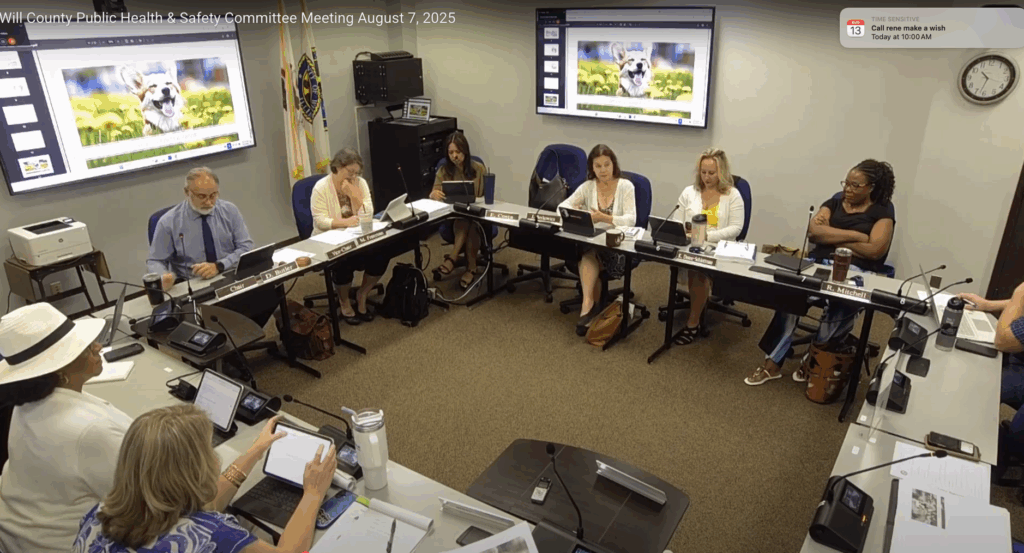
Health Department Seeks $1 Million Levy Increase to Prevent “Weakened System”
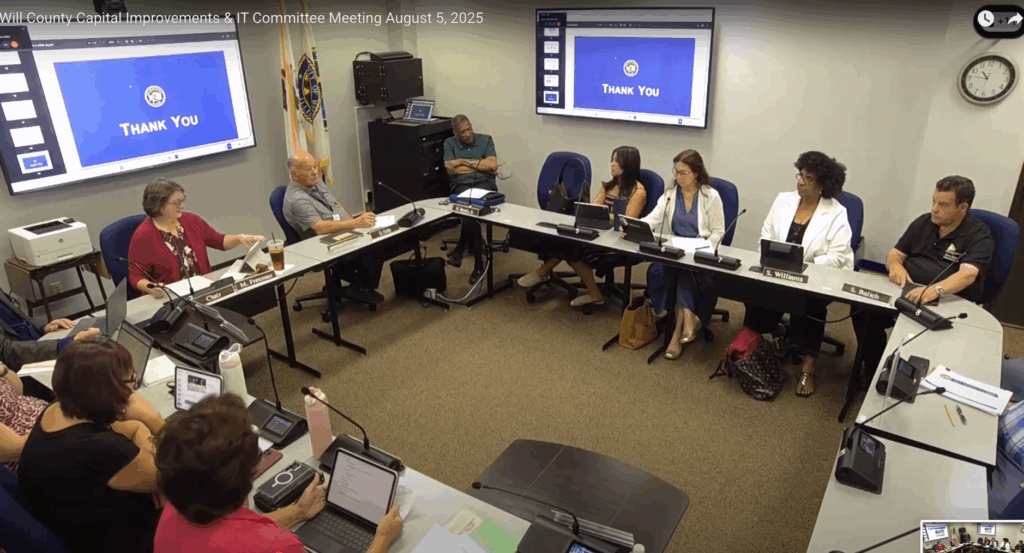
County Rolls Out New “OneMeeting” Software to Improve Public Access

Meeting Summary and Briefs: Will County Board Finance Committee for August 5, 2025
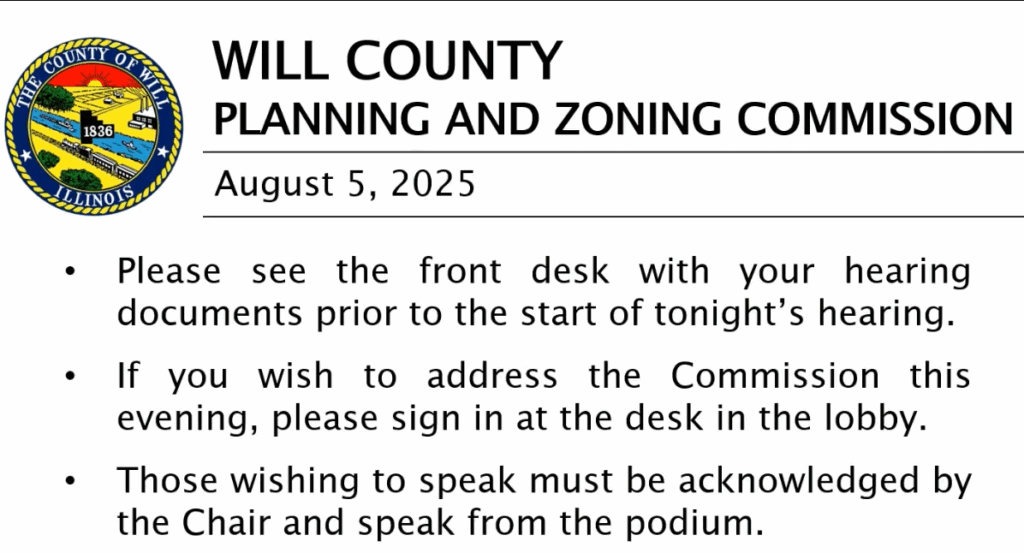
Will County PZC Approves Rezoning for Truck Repair Facility on Manhattan Road Amid Resident Concerns
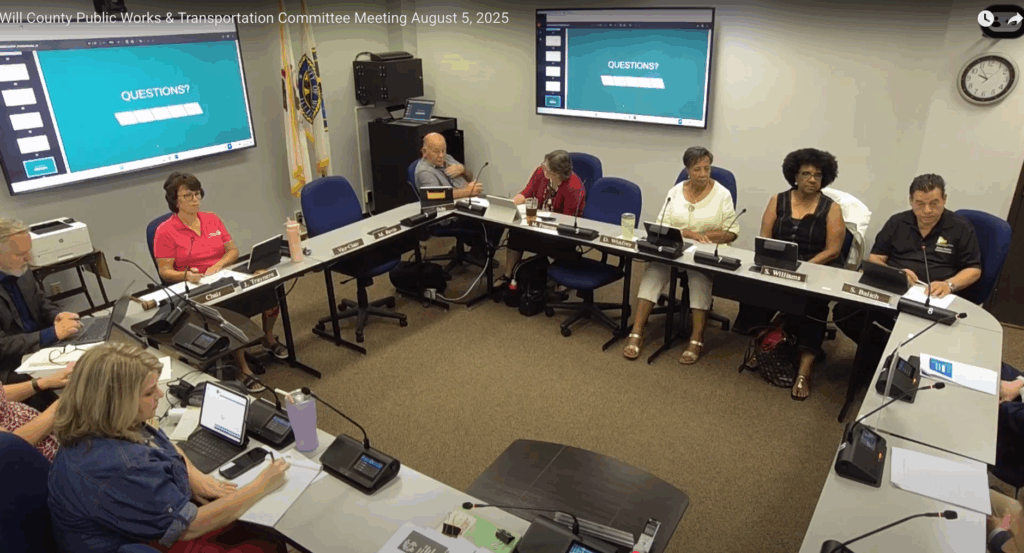
Key Stretch of Bell Road on Track for Thanksgiving Reopening, Committee Approves Additional Funds
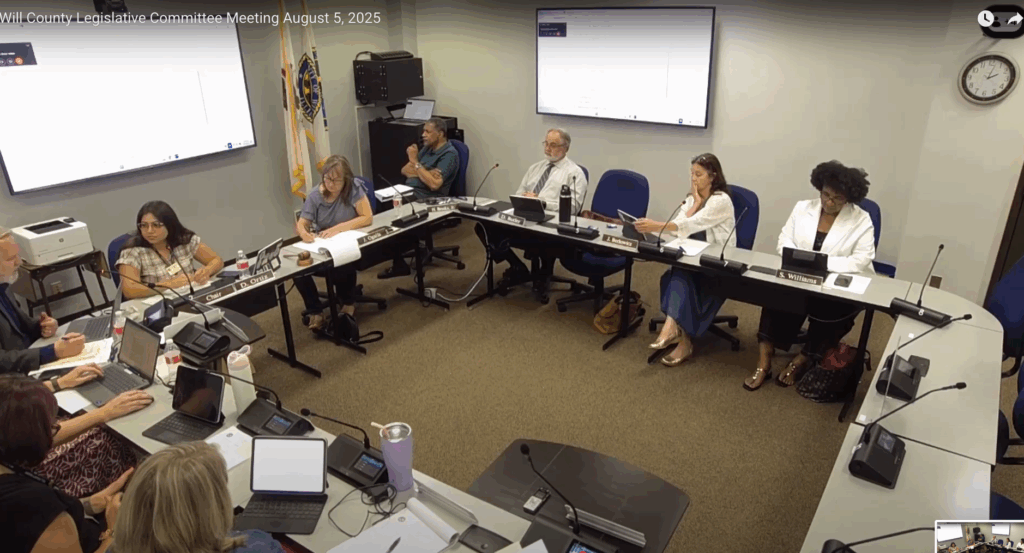
Will County Leglislative Committee Opposes Federal Push for Heavier, Longer Trucks
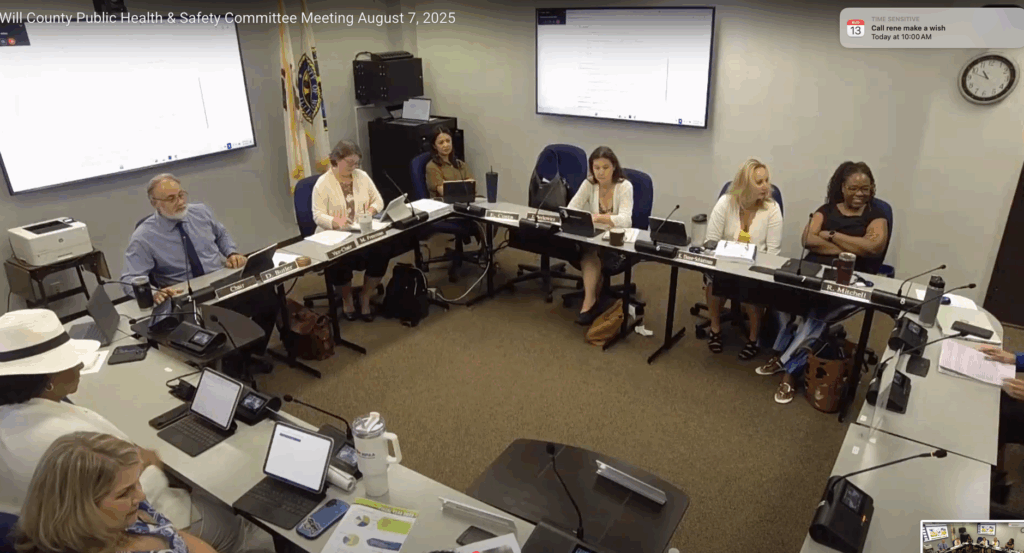
Will County Reports Progress in Opioid Fight, Highlights New FDA Labeling Rules
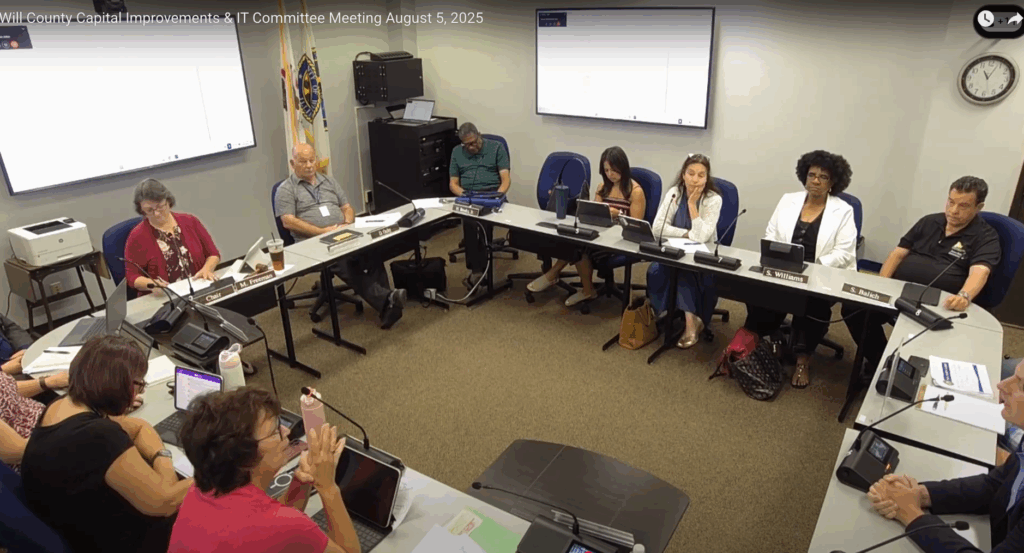
In-House Staff Completes Major Renovations at Will County Adult Detention Facility
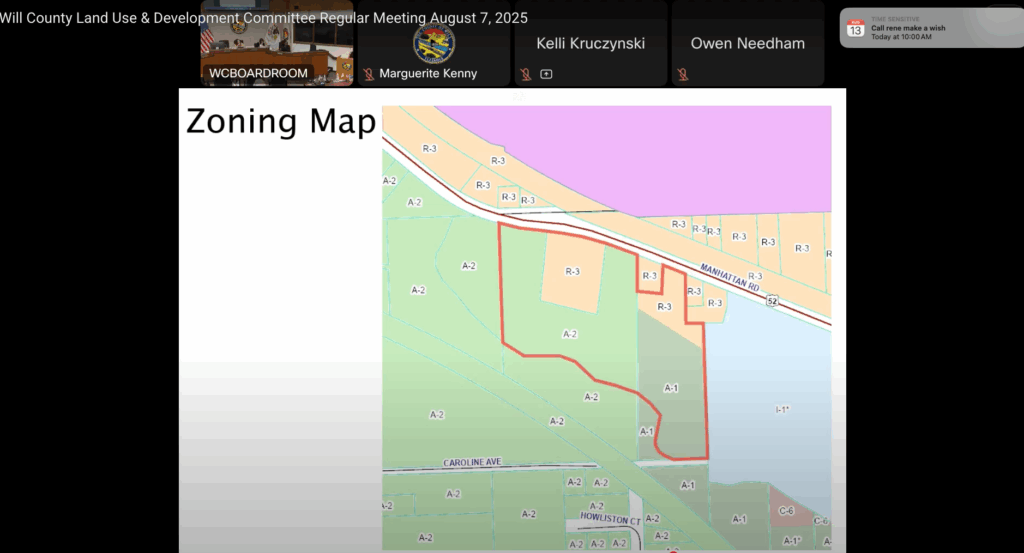
Will County Advances Truck Repair Facility Plan on Manhattan Road Despite Resident Objections
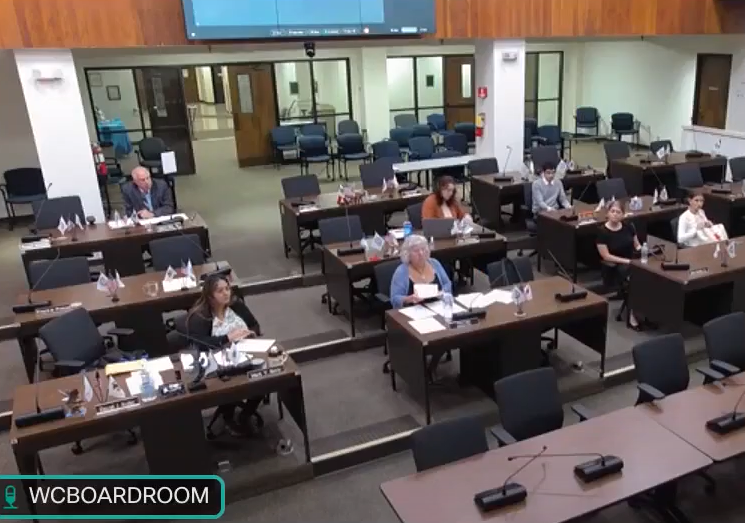
PZC Grants Variance for Oversized Garage in Joliet Township, Reversing Staff Recommendation
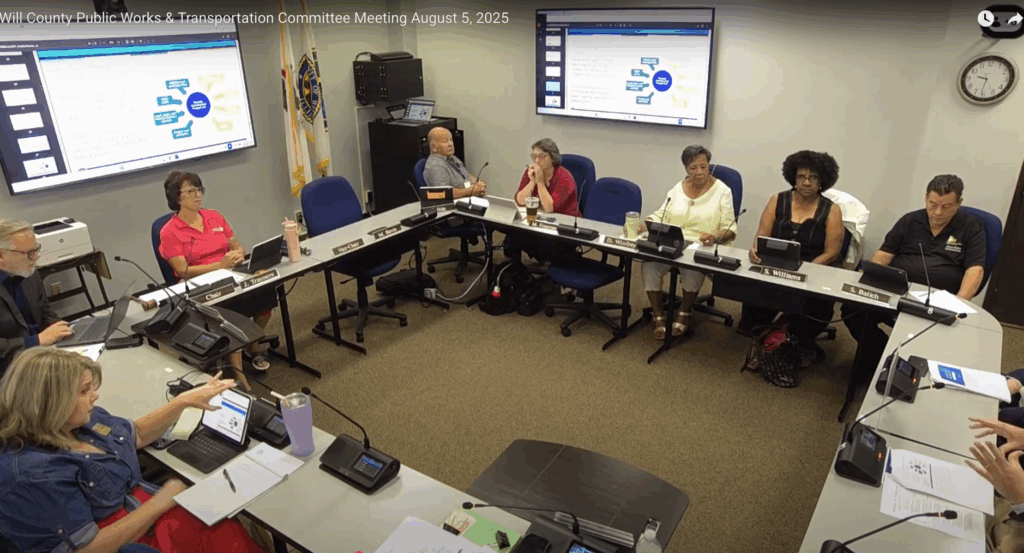
Will County Public Works Committee Approves Over $1.1 Million in New Agreements for 80th Avenue Project

Meeting Summary and Briefs: Will County Board Legislative Committee for August 5, 2025
